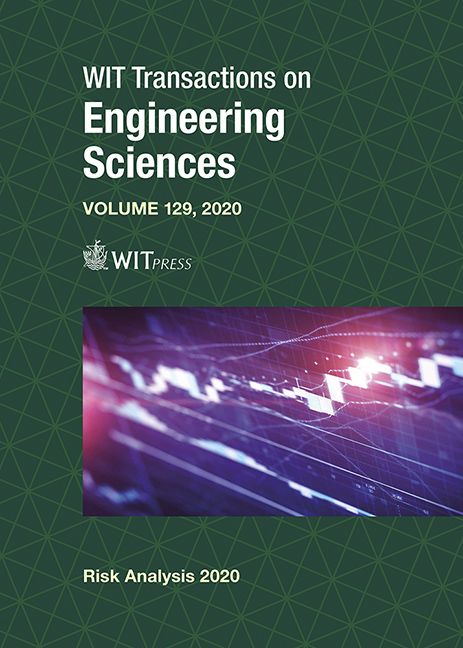REMOTE SENSING AND GIS TO SUPPORT COASTAL EROSION RISK ANALYSIS IN CALABRIA, ITALY
Price
Free (open access)
Transaction
Volume
129
Pages
10
Page Range
67 - 76
Published
2020
Size
1,235 kb
Paper DOI
10.2495/RISK200061
Copyright
WIT Press
Author(s)
GIANDOMENICO FOTI, GIUSEPPINA CHIARA BARILLÀ, GIUSEPPE BARBARO, PIERFABRIZIO PUNTORIERI
Abstract
In territories such as Calabria, Italy, characterized by about 750 km of coasts, the analysis of the coastal erosion risk is of increasing interest due to the considerable anthropic pressure observed in the last few decades. Index-based methods can be used to assess the risk of coastal erosion. The paper shows an analysis of the coastal erosion risk carried out in Calabria. The analysis was carried out in over 50 sample coastal areas, three of them were chosen as case studies for a detailed analysis. The analysis of the shoreline changes was carried out through the comparison of various cartography data, which consists of historical shorelines taken from the Open Data section of the Calabrian Geoportal, orthophotos taken from the Open Data section of the Italian Geoportal, and satellite imagery provided by Google Earth. The analysis was divided into four phases as follows. The first phase concerned the manual digitization of each missing shoreline, using QGIS for each orthophotos and using the spatial analysis tools of Google Earth Pro for each satellite imagery. The second phase concerned the evaluation of the beach width for each transept. Finally, the last phase concerned the determination of shoreline rates of change using end point rate (EPR) and net shoreline movement (NSM) statistics. Also, an index representative of the trend of erosion or advance of the coast was estimated. Finally, the methodology described in this paper is of particular relevance and interest in the planning and management of coastal areas. It allows us to quickly analyze cartographic data from different sources, using free software. Also, it is of general validity and is useful as a basis for the index-based coastal risk assessment methodology.
Keywords
remote sensing, shoreline changes, coastal erosion, coastal risk assessment, index-based methodology, GIS





